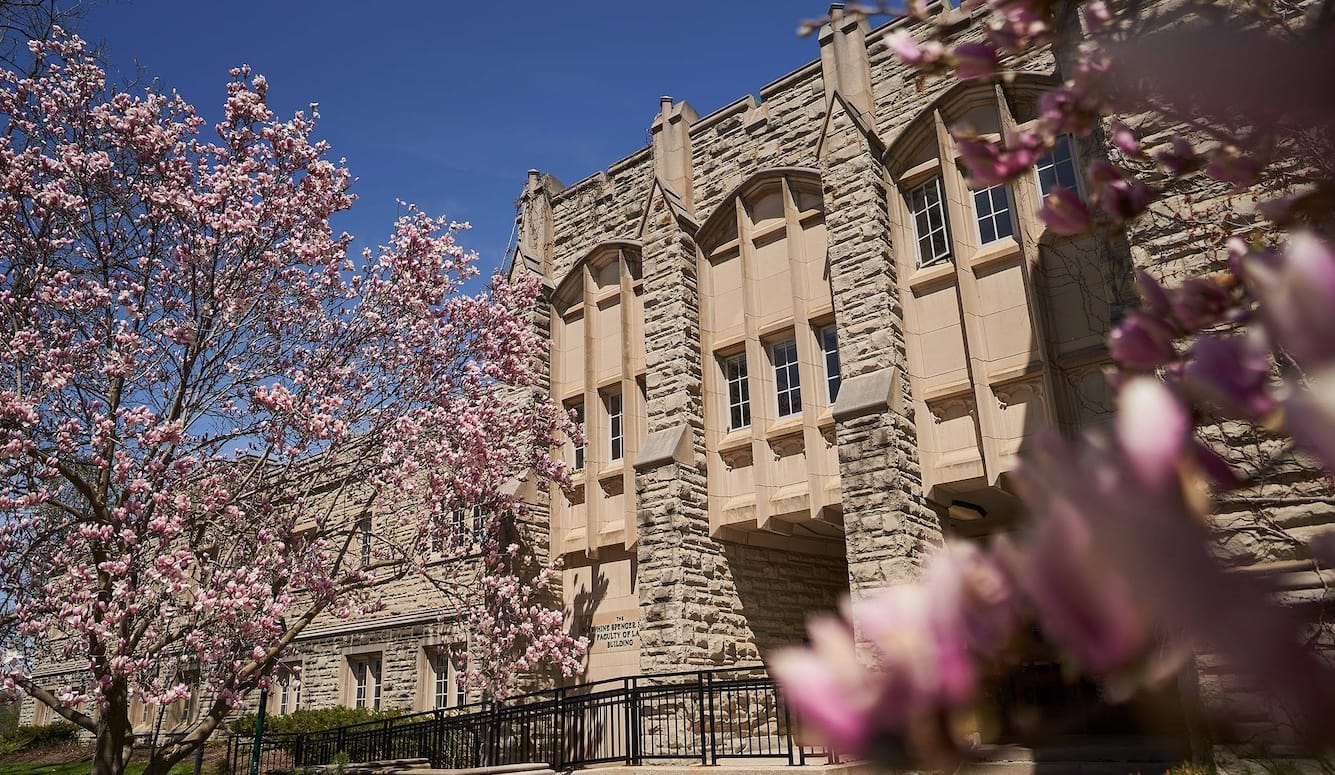Higher Education
When Good Academics Do Bad Things
In a recent speech delivered at the University of Western Ontario Faculty of Law, a Quillette editor describes lessons he learned while investigating the school’s teachers college.

What follows are notes from an 18 March 2025 speech delivered to the University of Western Ontario law-school chapter of the Runnymede Society, a membership-based organisation that promotes the rule of law, constitutionalism, and individual liberty.
Since this is a law school and many of you are aspiring lawyers, I’d like to start by telling you a little bit about my brief and extremely unsuccessful legal career—which I think explains why I got into journalism.
There are a variety of reasons why I wasn’t much good at being a lawyer—but I think the single biggest reason was that I had a lot of trouble internalising the moral logic of a client’s case if I didn’t believe in it. I resented the idea that I was required to look at the facts of a case and side with my client. Maybe he or she was wrong?
And this is a huge problem, of course, because legal ethics require that your client receives zealous legal representation. But in my case, it wasn’t really zealous. It was more like intellectually conflicted.
For two years, I worked as a tax lawyer in New York City, focusing on cross-border mergers, acquisitions, and asset transfers. Clients would come to us with some complicated transaction, and it was our job to craft arguments as to why these deals shouldn’t be taxed.
The people around me at my law firm were great at this, which is why they were successful. But in my case, I’d often look at the details and say to the client, “Oh come on. Who are we fooling here? Why don’t you just pay your taxes? I mean, how do you think public roads get built?”
It turns out that most clients don’t like getting that kind of response.





